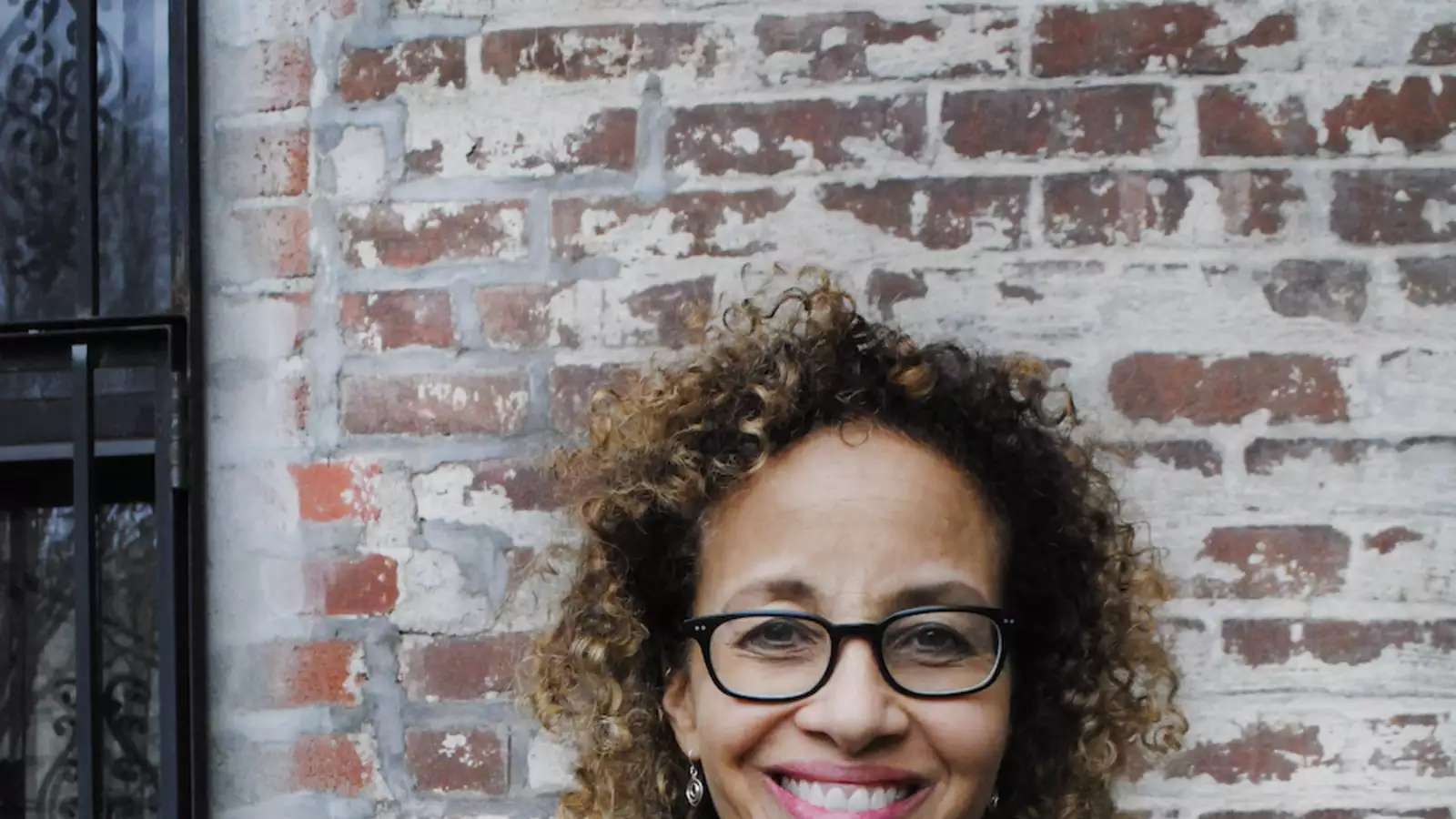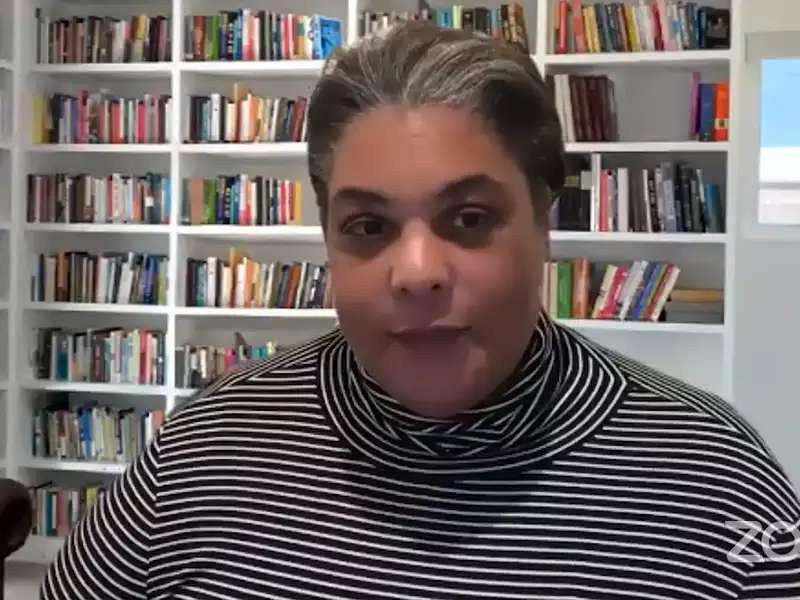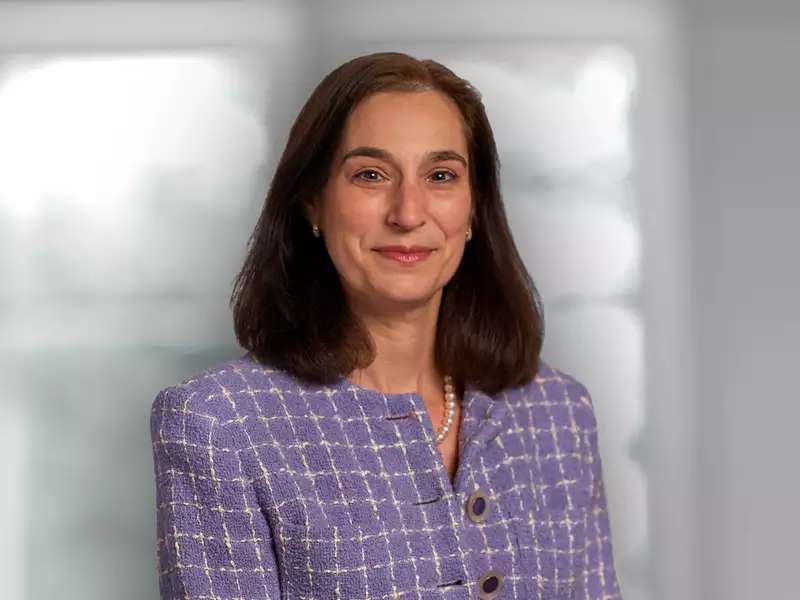
The COVID-19 pandemic has brought into focus many important conversations around race and inequality in the healthcare system. Award-winning journalist Linda Villarosa has been at the forefront of these issues as a writer, reporter, and educator on the challenges that Black Americans face in the current healthcare system.
As a contributing writer for The New York Times, Villarosa examines how race, inequality, and public health intersect. Her groundbreaking 2018 cover story for the news outlet, “Why America’s Black Mothers and Babies Are in a Life-or-Death Crisis,” was nominated for a National Magazine Award. Villarosa has also written or edited numerous books, including Body & Soul: The Black Women’s Guide to Physical Health and Emotional Well-Being and the Lambda Literary Award-nominated novel Passing for Black. Her latest book, Under the Skin: Race, Inequality, and the Health of a Nation, is slated to be published by Doubleday in 2021. Villarosa also teaches reporting, writing, and Black studies at the City College of New York.
On October 21, Villarosa spoke at the College’s second public event in the Big Problems: Making Sense of 2020 lecture series. Moderated by Provost Linda Bell, the Big Problems series was created by First-Year Seminar faculty members Pamela Cobrin, Cecelia Lie-Spahn ’11, Laurie Postlewate, and Wendy Schor-Haim to help first-year students understand and explore the most pressing issues in our society today. The virtual lectures provide expert perspectives into the current global crises and are available to the entire Barnard community.
In her lecture, Villarosa laid out an extensive critical analysis of race, inequity, and health in the United States by discussing the stark health disparities Black Americans face. She expanded on her work investigating the lack of support and care given to Black mothers during childbirth, citing her own experience and the experiences of other Black women for whom the healthcare system failed. Villarosa then went on to present three crucial approaches to understanding the effects of COVID-19 in Black American communities: the everyday trauma of experiencing anti-Blackness, how location determines the quality of healthcare for Black communities, and the inequity of the healthcare system.
“It is not race itself that is a risk factor for any kind of disease,” Villarosa said. “Race is a risk marker for discrimination, ill treatment, and bias.”
Toward the end of her lecture, Villarosa spoke of the new, improved ways in which medicine and science are striving to address racial inequities in the healthcare system. She concluded with a message of hope, describing how medical students are fighting to change discriminatory healthcare practices and taking on racial inequities in science and medicine. Despite the dismal state of the healthcare system today, Villarosa said she is heartened by young people’s passion and the fact that there is growing interest in her research.
Read more of Villarosa’s insights below:
On finding the balance between trusting science and being critical of the motives of people behind scientific research:
“I think the discussion about bias in healthcare...has gotten so much more robust. I think of [the Tuskegee Syphilis Study]. Tuskegee only ended in 1972, so it’s been pretty recent that bad things happened. Certainly, many of us read about that ICE facility where the detainees were sterilized without them really knowing it. I think we need much more progressive thinking and watchdogs and lawsuits. I’m excited by the interest in my work. We certainly have to trust science, but not totally. You have to question everything. I question every single thing. I am always asking, how do I know? How do you know? That’s what I do with my students. You do have to question, and I’m happy that doctors and other medical providers have started to question themselves. So that’s a good sign.”
On who is expected to fight the injustice of medical discrimination:
“There is a reproductive justice movement here in the United States, and in the world really, [that is] very [much] an undertold story. We think of reproductive rights as what’s going on right now in the Supreme Court, but the reproductive justice movement is a Black-led movement. Reproductive justice is [not] just the right to have a baby [or] not have a baby. To raise your child in a healthy environment. The reproductive justice movement is expansive. I hate that we have to save ourselves. But also, what if we’re the ones who have the knowledge, what if we’re the ones who have the experience? So we should be the ones who step up for leadership, but certainly, we should have an army of people behind us. I take that very seriously. I take the responsibility, and I take the exhaustion.”
On what students can do to combat disparities and inadequate medical care for marginalized communities:
“I think one of the most important things you can do is tell other people about the kinds of things you learned from me and from other people that have awakened you. It’s hard sometimes, to talk to the older folks in your life, and sometimes they say, you’re the future of the country, you’re the future of the world. You are, but we are too, [and] we shouldn’t just leave you out to dry. You have to help us understand things. It’s about passing it on.”
*Responses have been edited for length and clarity.
—SOLBY LIM '22


